Calls to use teaspoons as a measure of sugar content are flawed, due to variation in the size of individual spoons, according to Tim Rycroft of the Food and Drink Federation (FDF).
The FDF’s corporate affairs director was speaking on Channel 4 News about sugar’s role in the UK’s obesity crisis. His comment came in response to the suggestion teaspoons should be used on product labelling.
He said: “One person’s teaspoon is another person’s tablespoon is another person’s dessert spoon. I’ve got 25 teaspoons at home and they are all different sizes.”
He suggested sugar concentration meant teaspoons were poor measures, regardless of variation in size, saying: “A spoonful of honey has more sugar in it than a spoonful of granulated sugar.”
Debating partner, Olympic rower James Cracknell, did not see Rycroft’s argument, saying: “I’m not that good a cook but I can tell the difference between a teaspoon and a tablespoon.
“Even though some teaspoons are slightly different, that, on a side of a can, makes much bigger sense to the whole country than what a calorie means.”
obesity crisis
Rycroft and Cracknell also clashed over sugar’s role in the obesity crisis, with Rycroft saying sugar should not be the sole focus for a multi-factor problem.
He said: “Obesity isn’t caused by one nutrient, obesity is caused by diet. We need a whole diet approach to tackle obesity.
“It’s about calories, not about sugar. It’s about the calories they get from saturated fats, it’s about the calories they get from other nutrients, so why would you just focus on the role of just one nutrient in the diet when we know that obesity is about excess energy intake and about lack of physical activity.”
Cracknell, however, responded by saying that the rapid absorption of sugar into the bloodstream caused wild swings in blood sugar level and that the situation was more complex than a calorie in, calorie out balance.























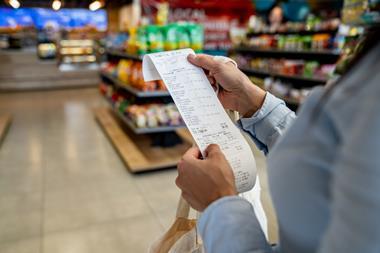

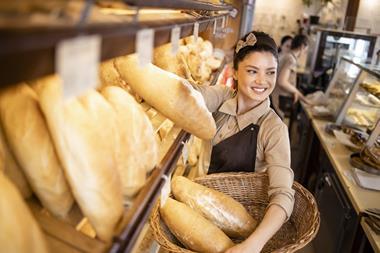
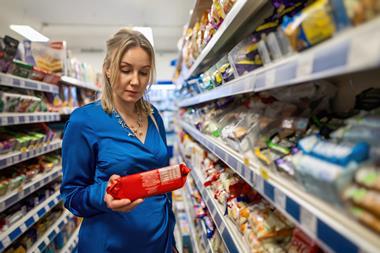

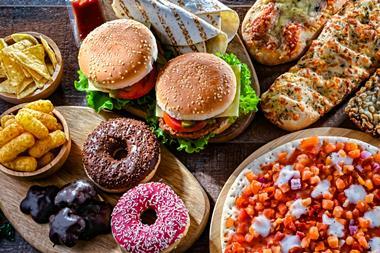
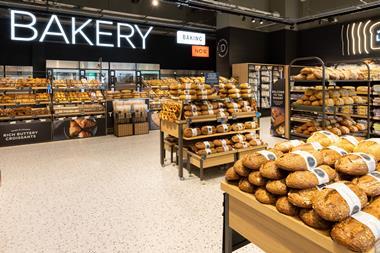
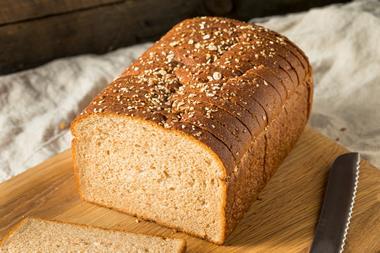

No comments yet